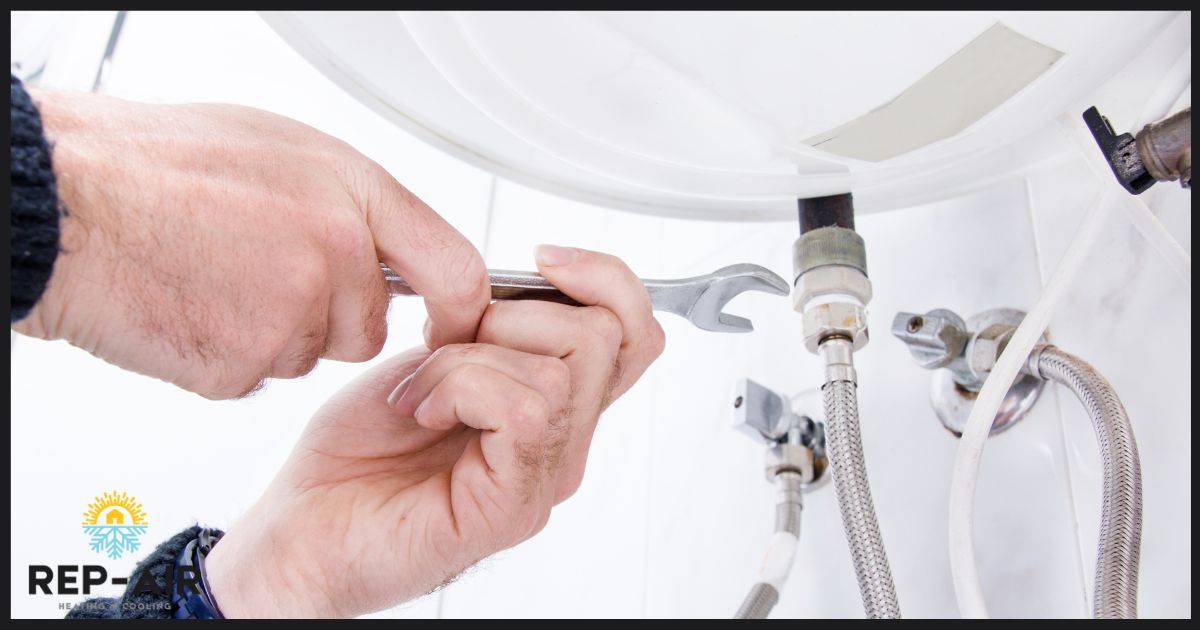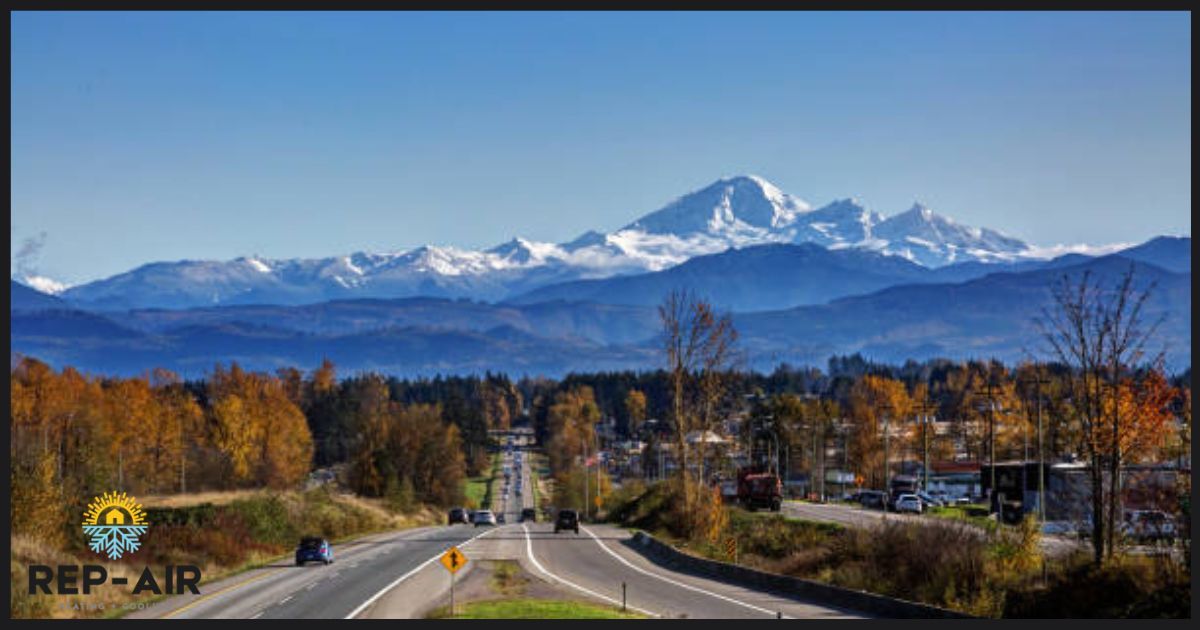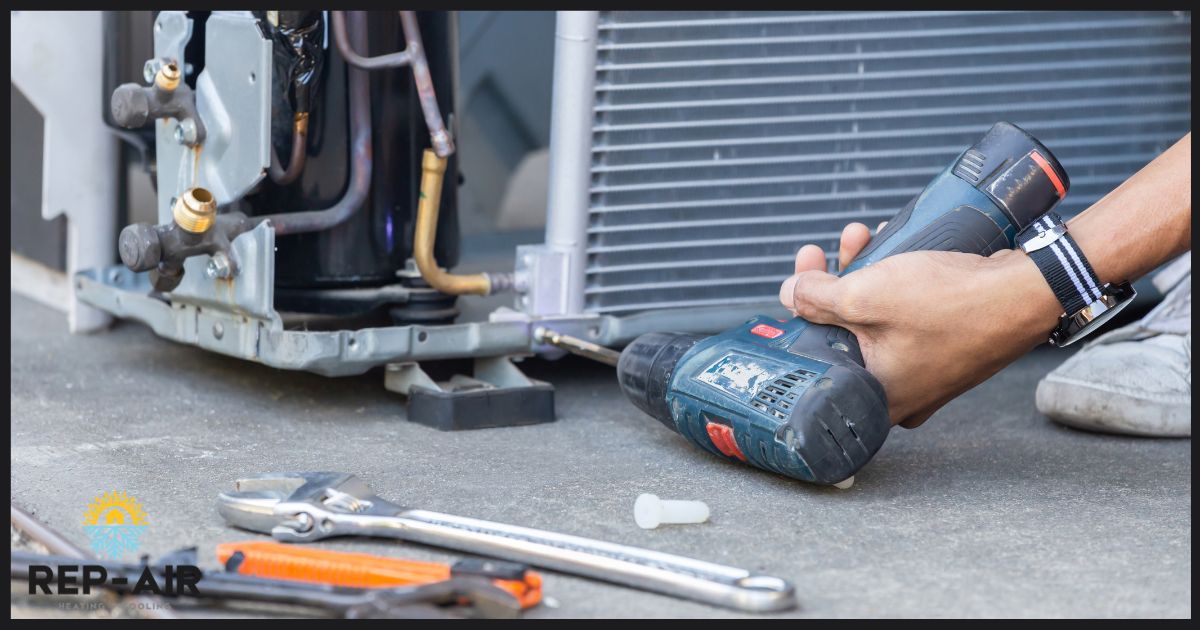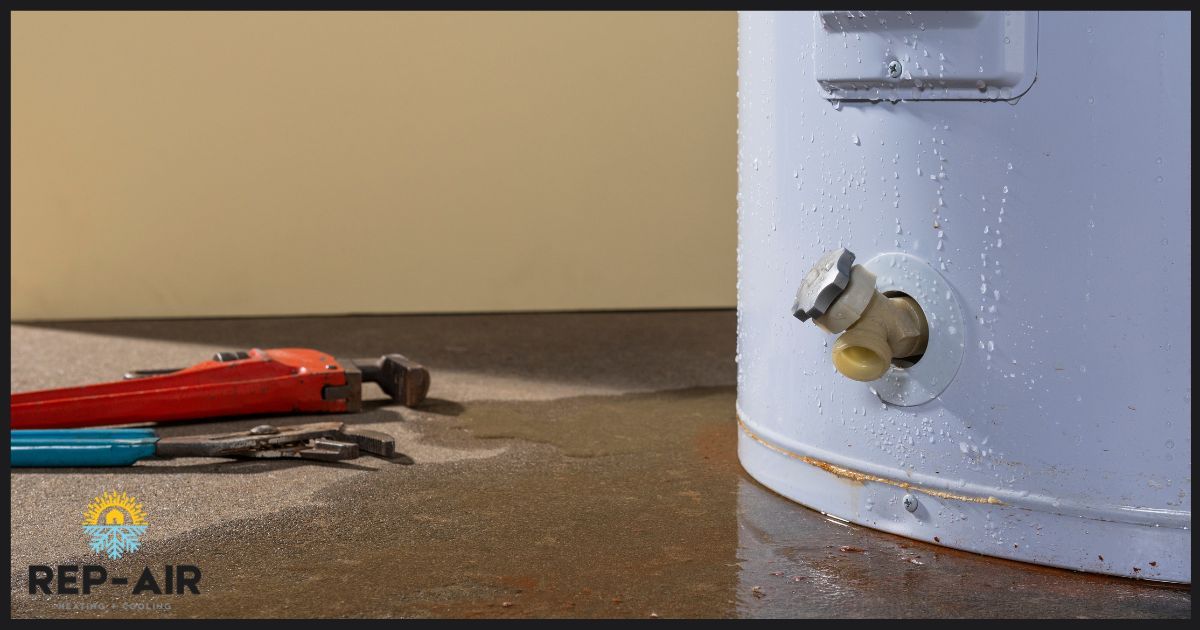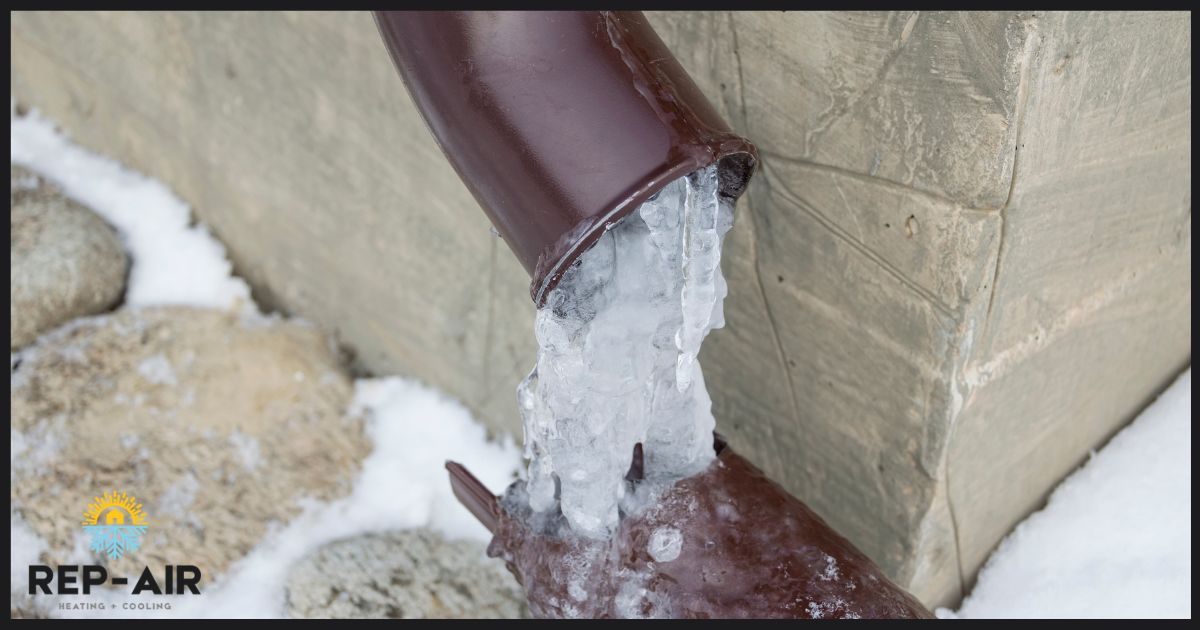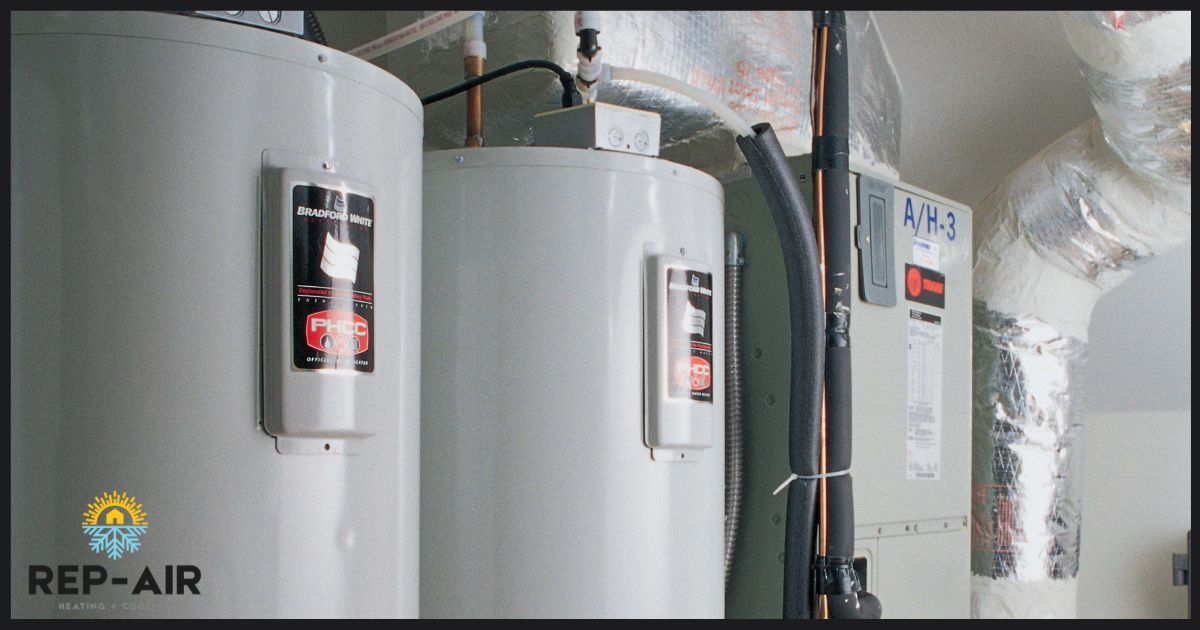#1 Buyers Guide For An Efficient Heat Pump Installation
In today’s energy-conscious world, homeowners are constantly on the lookout for efficient heating and cooling solutions. Heat pumps, particularly central ducted, multi-zone mini splits, and dual fuel systems have emerged as popular choices. But what are they, and how do you install them? In this post we’ll delve deep into the world of heat pumps, rebates, and selecting the right contractor for your project, helping you make an informed decision for your home.
The Ultimate Guide to Installing Heat Pumps: Central Ducted vs. Multi-Zone Mini Splits vs. Dual Fuel
1. What are Heat Pumps?
Heat pumps are devices that transfer heat from one place to another. They can extract heat from the air or ground and use it to heat your home in the winter and reverse the process to cool your home in the summer. This dual functionality makes them a versatile and efficient choice for many homeowners. For more information please visit https://repairheatingandcooling.com/services/heat-pumps/
2. Central Ducted Heat Pumps (AVG. Price Installed $13,000-30,000)
Pros:
– Uniform Heating/Cooling: Central ducted systems provide consistent temperatures throughout the home.
– Aesthetics: All components are hidden, maintaining the home’s interior aesthetics, except the outdoor unit will be visible to the outdoors.
– Air Filtration: These systems often come with advanced air filtration, improving indoor air quality. https://repairheatingandcooling.com/services/indoor-air-quality/
Installation Guide:
- Assessment: Before installation, a professional will assess your home’s layout and size to determine the best system.
- Ductwork: If your home doesn’t have existing ductwork, it will need to be installed.
- Indoor Unit Placement: The central unit is typically placed in a basement, attic, or utility room.
- Outdoor Unit Placement: These outdoor units are typically silent compared to your standard air conditioners.
- Testing: Once installed, the system is tested to ensure it operates efficiently.
3. Dual Fuel Ducted System (AVG. Price Installed $15,000-25,o00)
Often referred to as a hybrid heating system, combines the strengths of two heating sources: a gas furnace and an electric heat pump. Here’s how it works and why it can be beneficial to customers:
1. How It Works
– During milder temperatures, the electric heat pump operates as the primary heating source. It extracts heat from the outside air (even when it’s cold) and transfers it inside to warm the home. Heat pumps are essentially air conditioners that can work in reverse.
– Gas Furnace: When the temperature drops to a certain point where the heat pump is no longer efficient (often around freezing), the system automatically switches to the gas furnace for heating. Furnaces are more effective at heating in colder conditions.
2. Benefits:
– Efficiency: By utilizing the most efficient heating method for the current temperature, dual fuel systems can save energy. Heat pumps are more efficient in milder temperatures, while furnaces excel in colder conditions.
– Cost Savings: By optimizing the use of both the heat pump and furnace, homeowners can see reduced energy bills. They’re using the most cost-effective heating source for the given conditions.
– Environmental Impact: Heat pumps, when in operation, have a smaller carbon footprint compared to fossil fuel-based systems. By using the heat pump during milder temperatures, homeowners can reduce their carbon emissions.
3. Adaptability: Dual fuel systems are especially beneficial in regions with variable winter temperatures. On milder winter days, the heat pump operates, and on colder days, the furnace takes over.
In summary, a dual-fuel furnace and heat pump system offers a versatile and efficient heating solution that can adapt to varying weather conditions, potentially saving homeowners money while also providing a consistent and comfortable indoor environment.
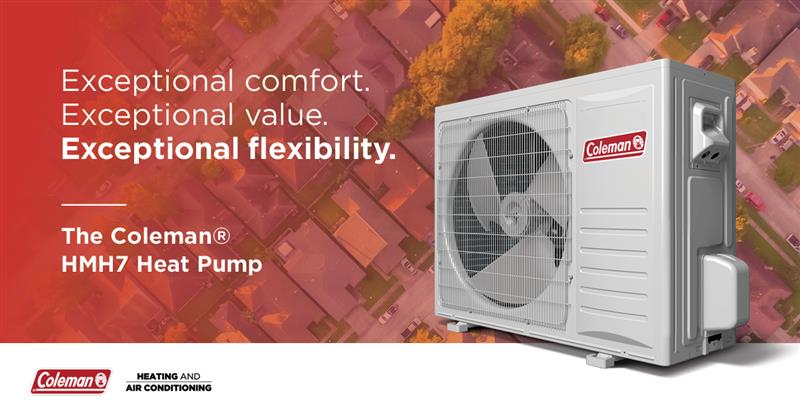
4. Multi-Zone Mini Split System (AVG. Price Installed $4,000-$7,000 per zone)
Pros:
– Flexibility: Mini-splits can heat or cool individual rooms, allowing for personalized temperature settings.
– No Ductwork Needed: This makes them ideal for homes without existing ducts or additions.
– Energy Efficiency: By cooling or heating only occupied rooms, you can save on energy costs.
Installation Guide:
- Site Survey: A fully certified technical expert will determine the best locations for the indoor and outdoor units, sizing and accessories needed.
- Mounting: The indoor unit is mounted on the wall, while the outdoor unit is placed on a concrete pad or mounted to the home’s exterior.
- Connecting: Refrigerant lines are run between the indoor and outdoor units.
- Powering Up: The system is connected to the electrical grid and tested for functionality.
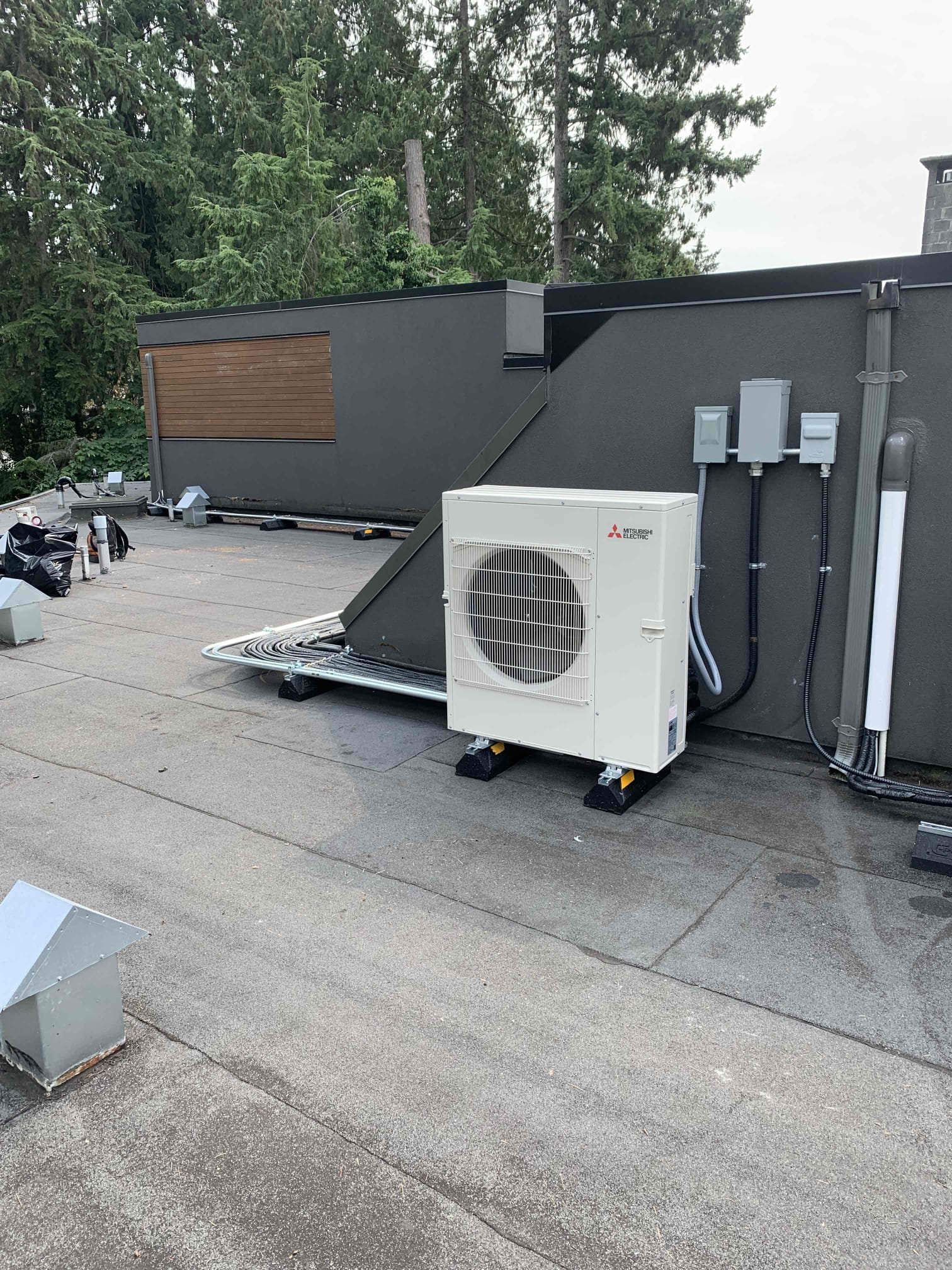
5. Which System Is Right for You?
– Central Ducted Systems are ideal for larger homes or those with existing ductwork. They offer uniform heating and cooling but may require a more extensive installation process.
– Multi-Zone Mini Splits are perfect for homes without ductwork, smaller homes, or those looking for room-by-room temperature control. They offer flexibility and can be less invasive to install.
– The Dual Fuel Ducted system is essentially a fusion of a furnace and a heat pump. The heat pump is designed to efficiently warm your home when the outdoor temperature is above 5 degrees Celsius. However, when the temperature drops below this threshold, the furnace takes over as the primary source of heating.
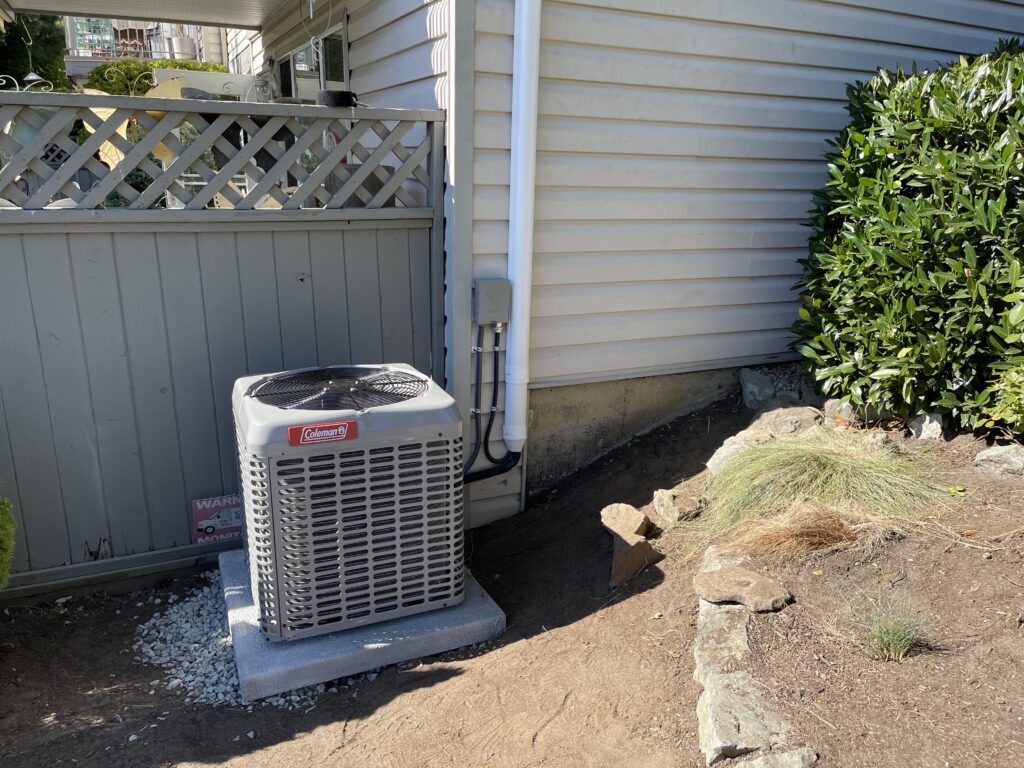
6. Rebates?
Right now the Canadian government is offering a wide range of rebates for energy improvements to your home.
Clean B.C/ Better Homes Rebates
- Electrical service upgrades https://www.betterhomesbc.ca/rebates/electric-service-upgrade-rebate/
- Mini Split Heat Pumps (Multi-Zone) https://www.betterhomesbc.ca/rebates/ductless-mini-split-heat-pump-rebate/
- Duel Fuel Heat Pump Systems https://www.betterhomesbc.ca/rebates/dual-fuel-ducted-heat-pump-rebate/
- Central Ducted Heat Pumps https://www.betterhomesbc.ca/rebates/central-ducted-heat-pump-rebate/
You may qualify for the Income Qualified Program. Please visit the link to check your eligibility. https://www.betterhomesbc.ca/rebates/income-qualified/
Canada Greener Homes Grants
- Home insulation. Up To $5000
- Air Sealing. Up To $1000
- Windows and Doors. Up To $5000
- Thermostat. Up To $50
- Space And Water Heating. Up To $5000
- Renewable Energy. Up To $5000
How does the grant process work?
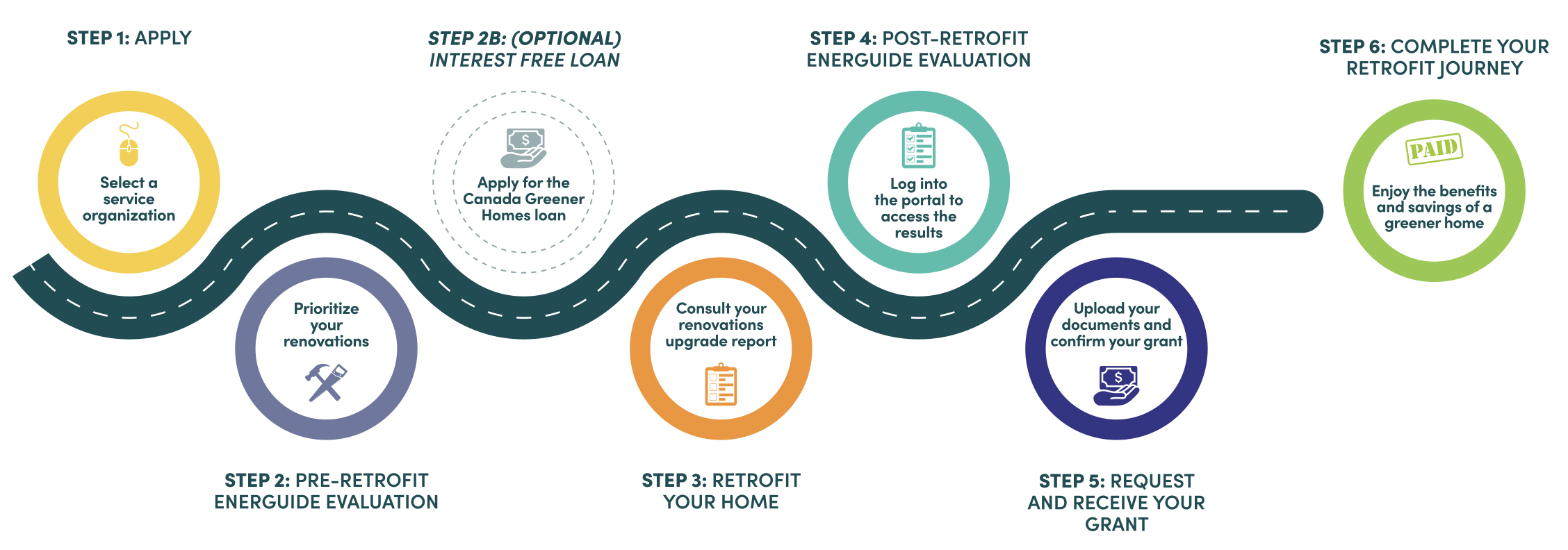
7. Conclusion
Whether you’re leaning towards a central ducted, multi-zone mini split, or a dual fuel system heat pumps offer an energy-efficient solution to your heating and cooling needs. Always consult with a professional before making a decision, and ensure your chosen system is installed correctly for optimal performance.
Remember, a well-installed heat pump not only ensures comfort but also contributes to a greener planet by reducing your carbon footprint. Make the switch today and enjoy the benefits of modern heating and cooling technology! As of July 1, 2022, you need to hire a Home Performance Contractor Network (HPCN) member for your heat pump installation to be eligible for heat pump rebates. If you do not choose Rep-Air Heating And Cooling as your HCPN registered contractor, please make sure you contact on from this list at https://www.betterhomesbc.ca/find-a-contractor-results/?ptype=contractors&prc-types=heat-pump&prc-locations=Mission&prc-program-designation=registered-contractor#eac-results


